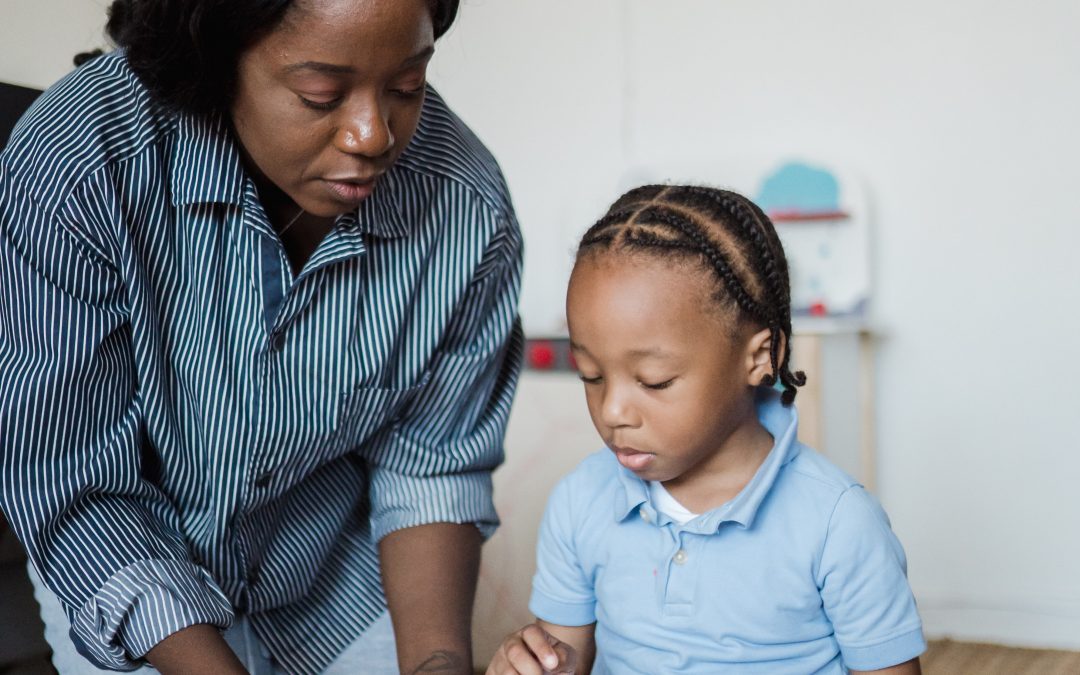
The Unlived Life: An Exploration of Parental Influence
“The greatest burden a child can bear is the unlived life of its parents.” – Carl Jung
Carl Jung, the renowned Swiss psychiatrist and psychoanalyst, once said these powerful words. Through his work, he explored the subconscious mind and how our past experiences shape our present. One of the key themes of his work is the profound influence parents have on their children, not just through the genes they share, but through the dreams, ambitions, and regrets they unconsciously pass on.
The Unseen Burden
Children look up to their parents as role models, absorbing their values, their fears, their dreams, and their disappointments. When parents carry unfulfilled dreams or unresolved traumas, these can, often unintentionally, seep into their parenting. The child, in a quest to please their parents or to fill in the gaps left by their parents’ unfulfilled dreams, may end up carrying a burden of unfulfilled expectations and unlived lives that are not their own.
The Impact of Projected Dreams
When parents project their unlived lives onto their children, it can limit the child’s own self-exploration and self-expression. A child’s personality, interests, and talents may be overlooked or suppressed if they do not align with the parents’ own unrealized ambitions. This can lead to a lack of self-esteem and identity struggles in the child, who may feel they need to live a life that isn’t true to who they are.
Nurturing Individuality
So, what can we do to avoid this? As parents, we need to acknowledge our own unfulfilled dreams and deal with them independently of our children. We should strive to see our children as individuals separate from ourselves, with their own distinct personalities, interests, and dreams.
Every child is unique. Encourage their individuality and nurture their own interests. Instead of shaping them into versions of ourselves, let’s guide them towards becoming the best versions of themselves.
The Power of Emotional Intelligence
Emotional intelligence is key. By being aware of our emotions and managing them, we can avoid projecting our own fears and expectations onto our children. Recognize when your emotional baggage is influencing your interactions with your child and take steps to address it.
The Role of Forgiveness
Forgiveness, both for ourselves and for our own parents, can be a powerful tool in breaking this cycle. Acknowledge that your parents, like you, were human and may have made mistakes. By forgiving them, and ourselves, we can let go of past hurt and avoid passing it on to our children.
Conclusion
Carl Jung’s insightful quote offers us a valuable lesson about the unintended burdens we may place on our children. By acknowledging and dealing with our own unlived lives, we can ensure our children are free to live theirs fully and authentically.
After all, our aim as parents should be to empower our children to lead their own lives, unencumbered by our unfulfilled dreams and expectations. We must remember that the greatest gift we can give our children is not to live through them, but to let them live their own unique, fulfilling lives.

